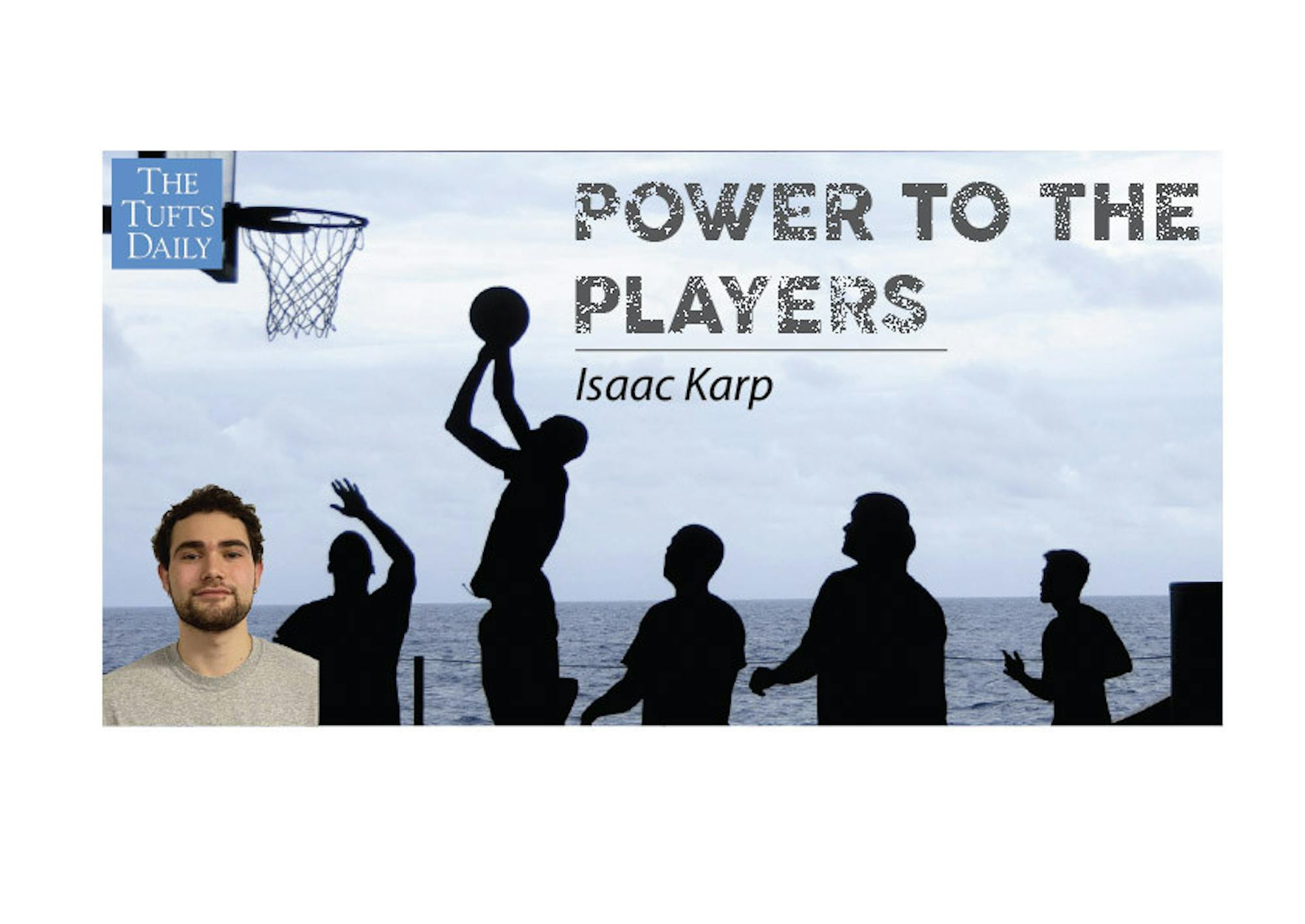March Madness got off to a rough start last Friday after Sedona Prince, a forward on the University of Oregon's women's basketball team, released a TikTok video that exposed the disparities between the men’s and women’s facilities in the college basketball tournament bubbles.
She first showed the women’s training area, which consisted of one measly dumbbell rack and a set of yoga mats. She then switched to a video of the men’s gym which contained plenty of dumbbell racks, training equipment and space to work out. The NCAA released a statement blaming lack of space as the reason for the disparity, but Prince wasn’t buying it. More pictures and videos surfaced of other inequities, including the differences in quality of food and the amount of gear distributed to the men's and women's teams. But as South Carolina women's basketball coach Dawn Staley said bluntly: “The real issue is not the weights or the ‘swag’ bags. It’s that the [NCAA] did not think or do not think that the women’s players 'deserve' the same amenities of the men."
After backlash on social media and from the basketball community, the NCAA then released another statement acknowledging the mistake and affirming its commitment to gender equality. This wasn’t the first controversy in which the NCAA has found itself embroiled recently. College athletes recently started a #NotNCAAProperty campaign in the hopes of acquiring guaranteed compensation and rights to their names, images and likenesses. The athletes lobbying for these and other major changes argue that all those under the NCAA umbrella deserve basic rights. The amenity issue has only underscored their point by exhibiting the paucity of care and thought the NCAA invests in student-athletes — especially women.
On Thursday, Prince released another video revealing the refurbished women’s weight room filled with dumbbell racks and bands. Although she thanked the NCAA for its eventual response, the damage had already been done. Stanford women's basketball coach Tara VanDerveer attacked the NCAA’s “blatant sexism,” while WNBA star A’ja Wilson tweeted “That [NCAA] bubble weight room situation is beyond disrespectful.” Clearly, many who work both inside and outside of the college basketball world see the NCAA as a flawed organization that at times borders on negligent and abusive.
In one of the first steps toward rectifying the ingrained inequities in college sports, the California legislature passed the Fair Pay to Play Act in 2019, which will provide players with the opportunity to make money off of their names, images and likenesses by 2023. In order to prevent teams in California from gaining an unfair recruiting advantage from this legislation, the NCAA board of governors submitted a plan to give all players similar rights going into the 2021–22 season.
But if the scandal over amenities is any sign of things to come, the NCAA needs to figure out how to address its problems over sexism and bias before any more practical reforms can prove meaningful.






